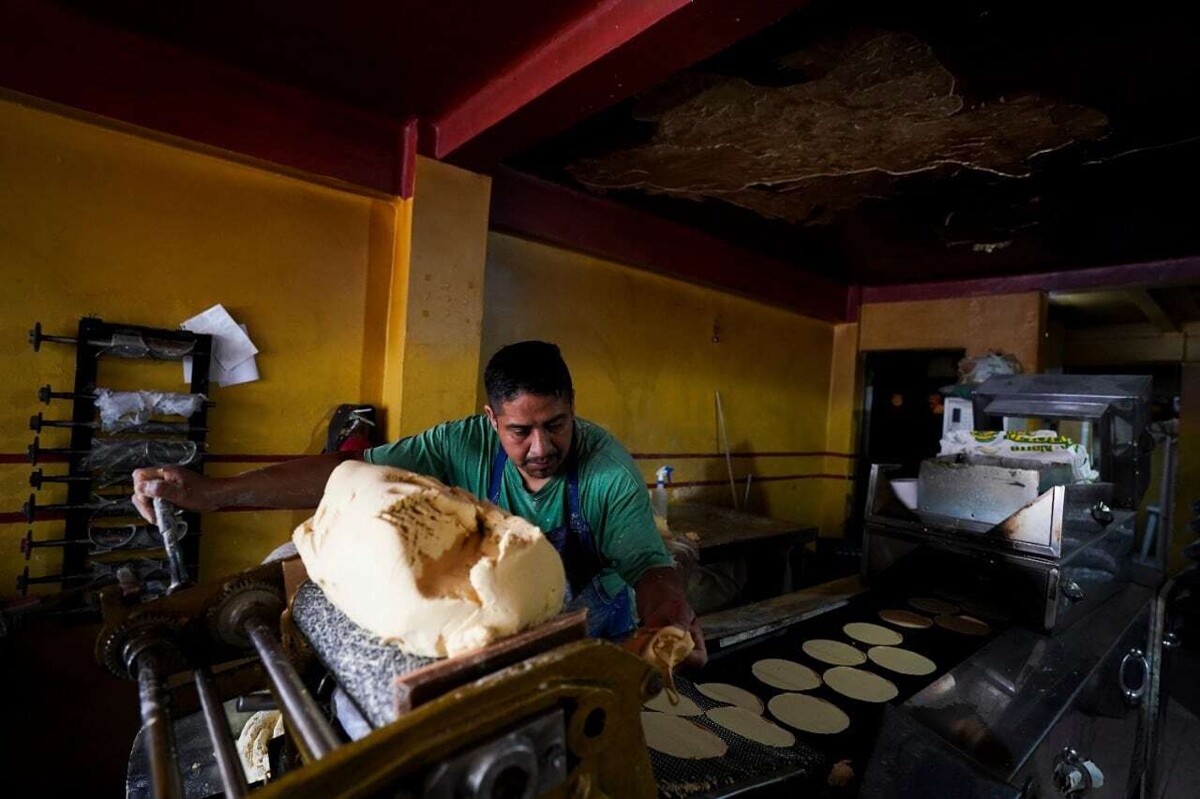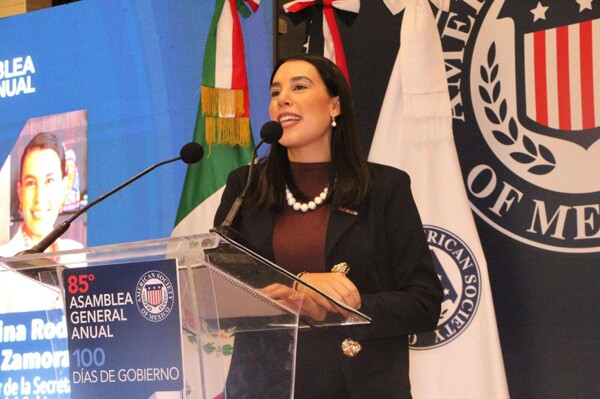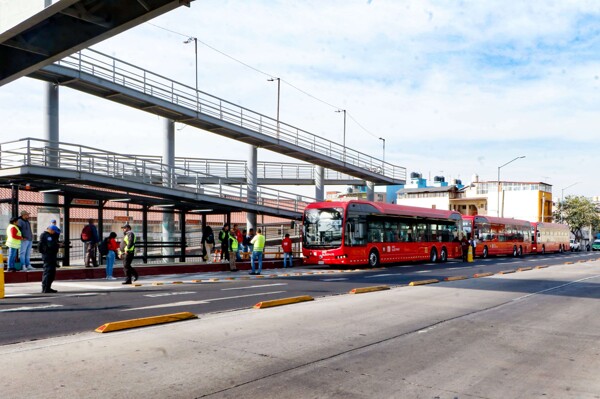
In 1980s Mexico, obtaining government permission to produce and sell tortillas was a complicated and costly process. These permits were scarce and depended not only on state authorization but also on the approval of the existing tortilla guild. As a result, tortillas were scarce, of low quality, and expensive throughout the country.
The exchange of value between individuals is fundamental to real well-being. Whether being hired for a job, buying a product, or requesting a service, each transaction involves an exchange of value. The freedom to engage in these exchanges is crucial for progress and building well-being.
Today, Mexico faces nearly seven years of a federal government that has implemented policies that hinder the exchange of value. From decisions like the cancellation of the NAICM to tariff threats on foreign products, efforts are being made to limit the freedom of exchange within and outside the country. This restriction has negatively impacted the generation of wealth and well-being for the population.
Limitations have been observed in sectors such as imports, new regulations affecting employment, and lack of transparency in services, which affect Mexicans' ability to improve their quality of life. Although the sale of tortillas has not yet been prohibited, it is warned that if measures are not taken, it could happen in the future.
It is evident that the ability to exchange value reflects the true potential of a person or society. Restricting this freedom limits opportunities for growth and development. It is necessary to be vigilant and act to protect the ability to engage in exchanges that favor the prosperity and well-being of all.














